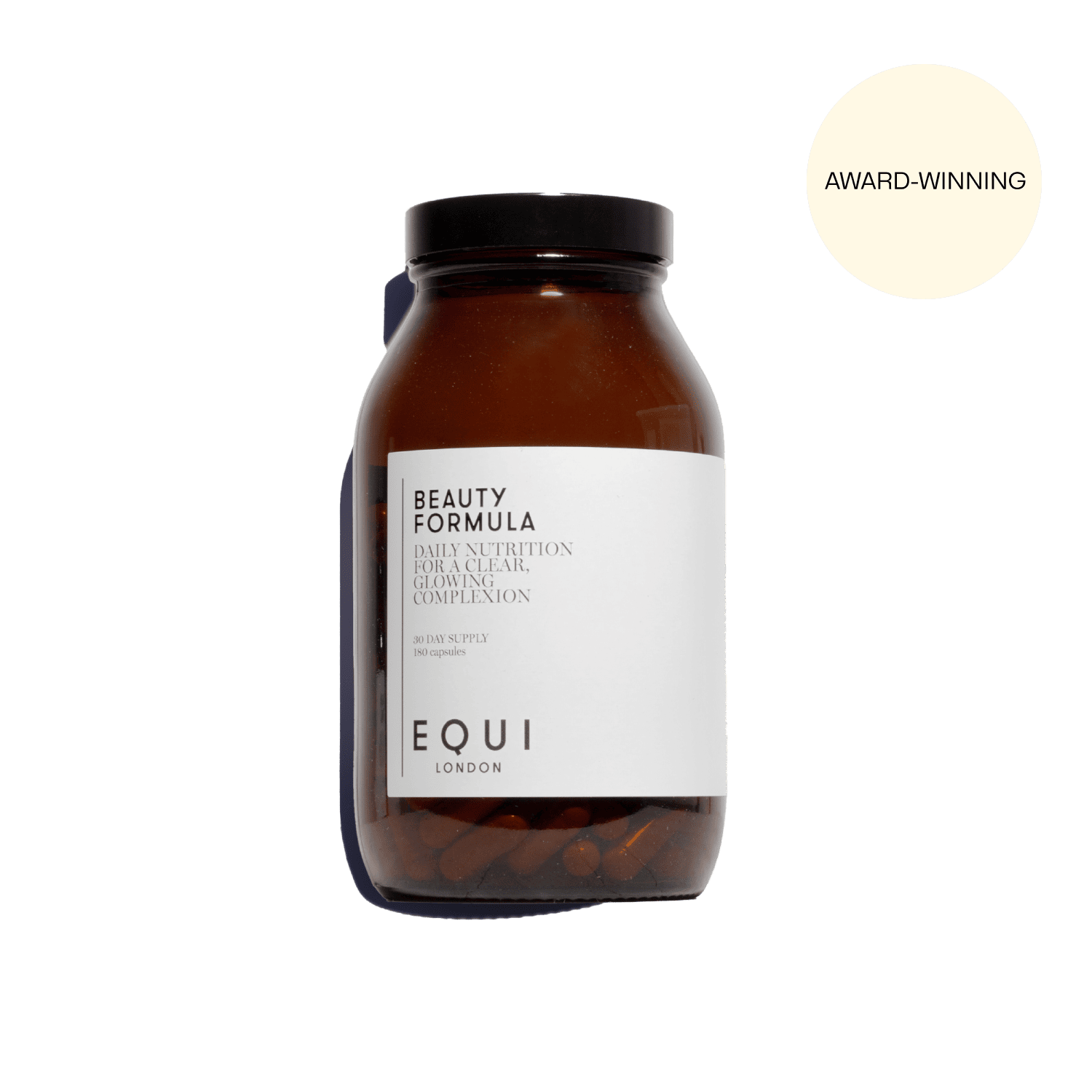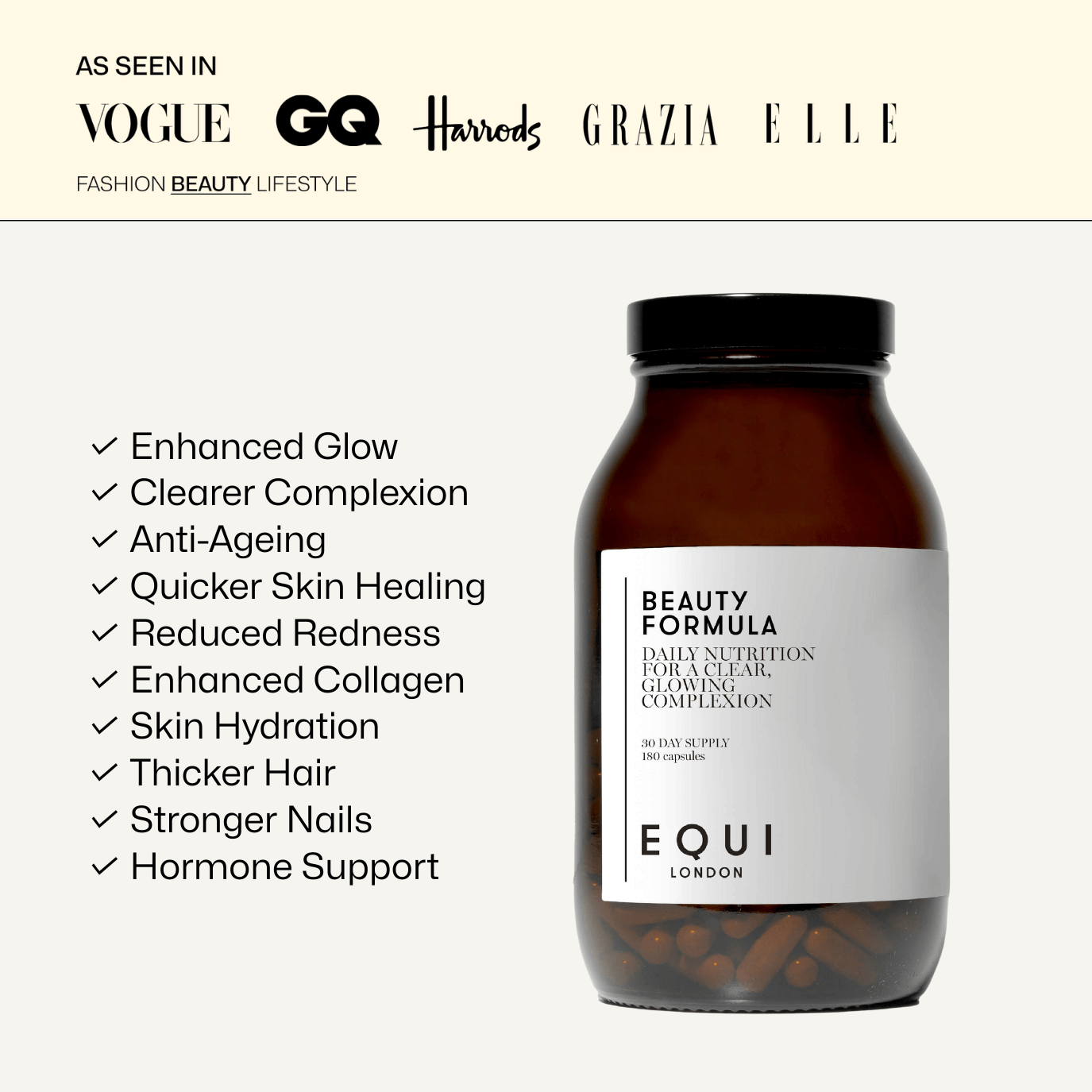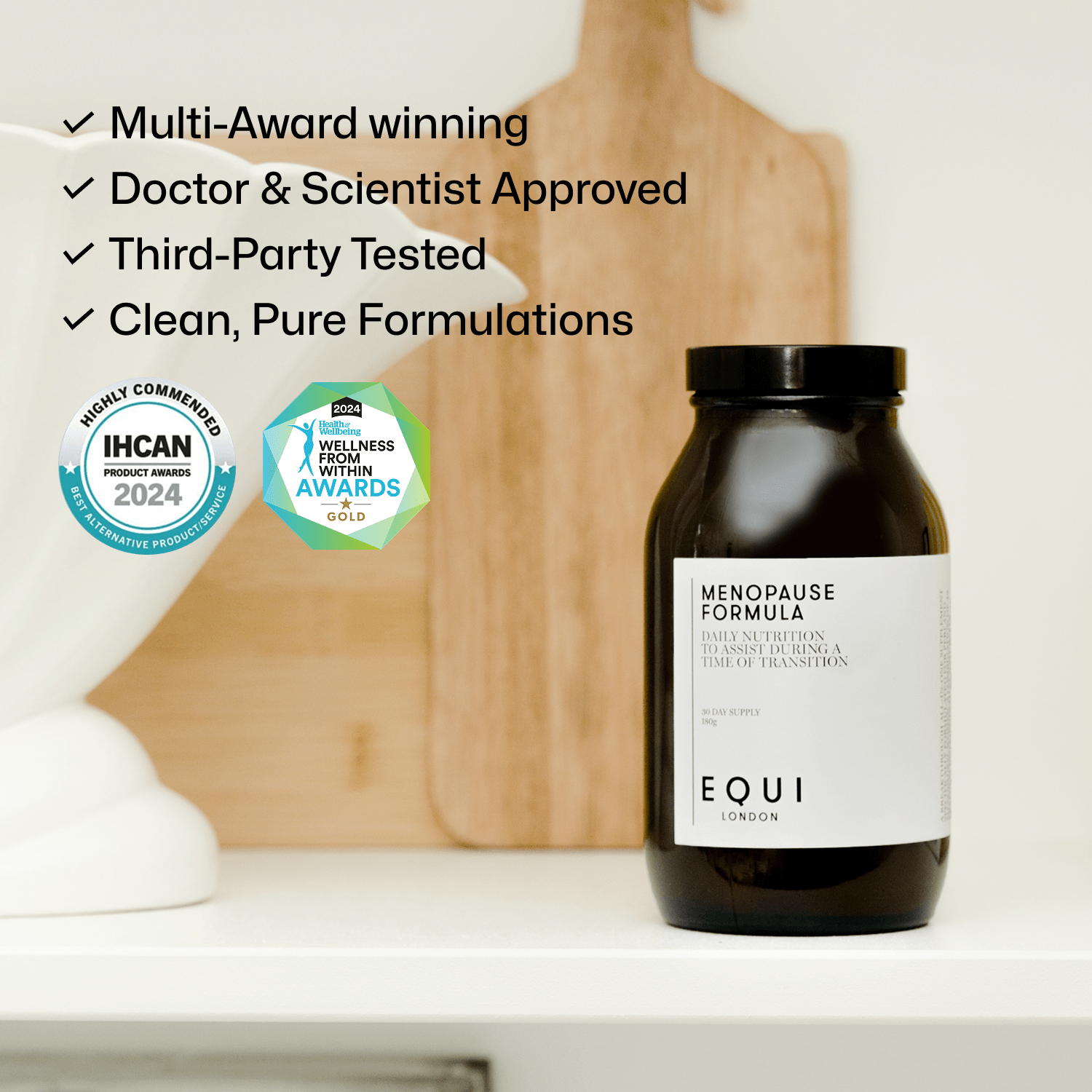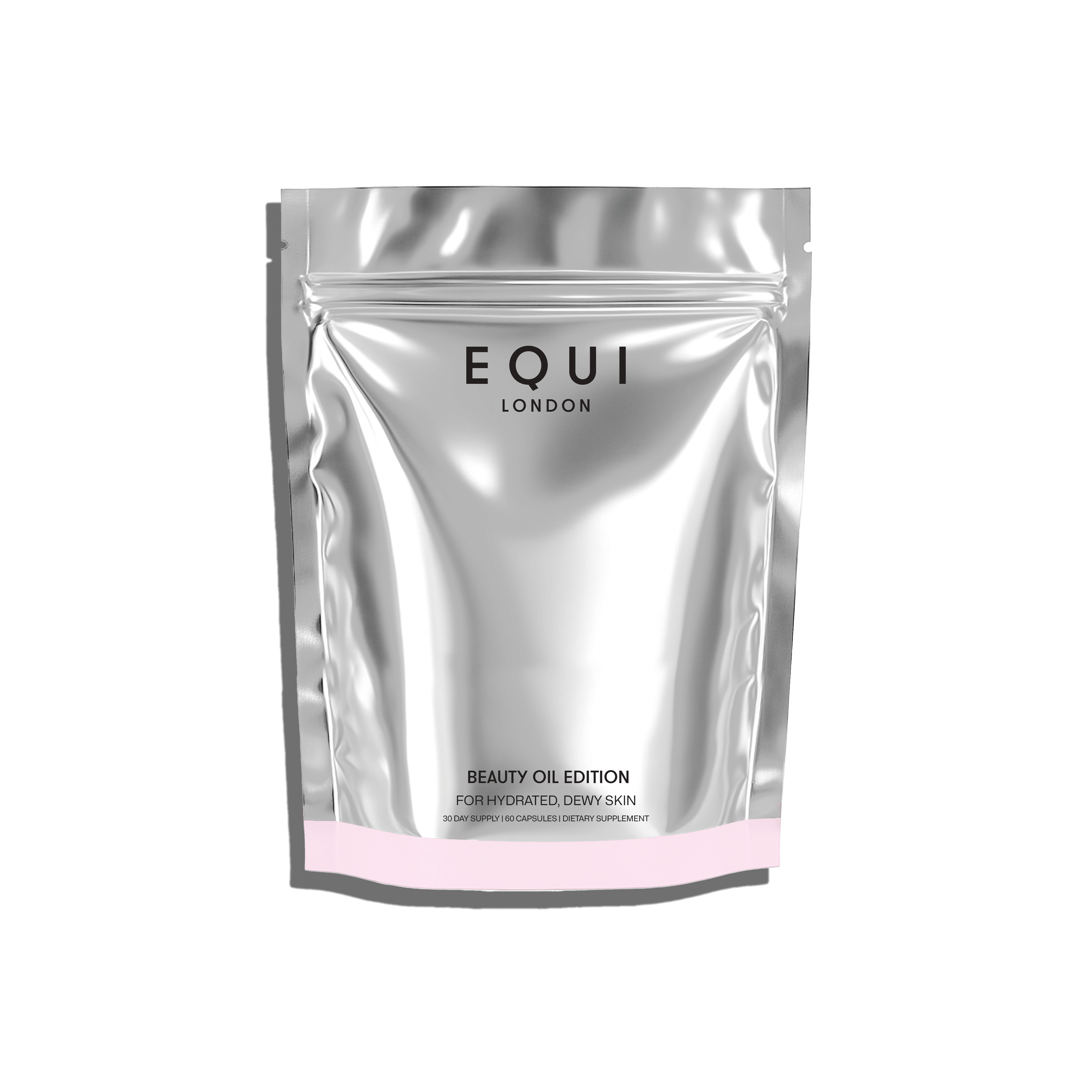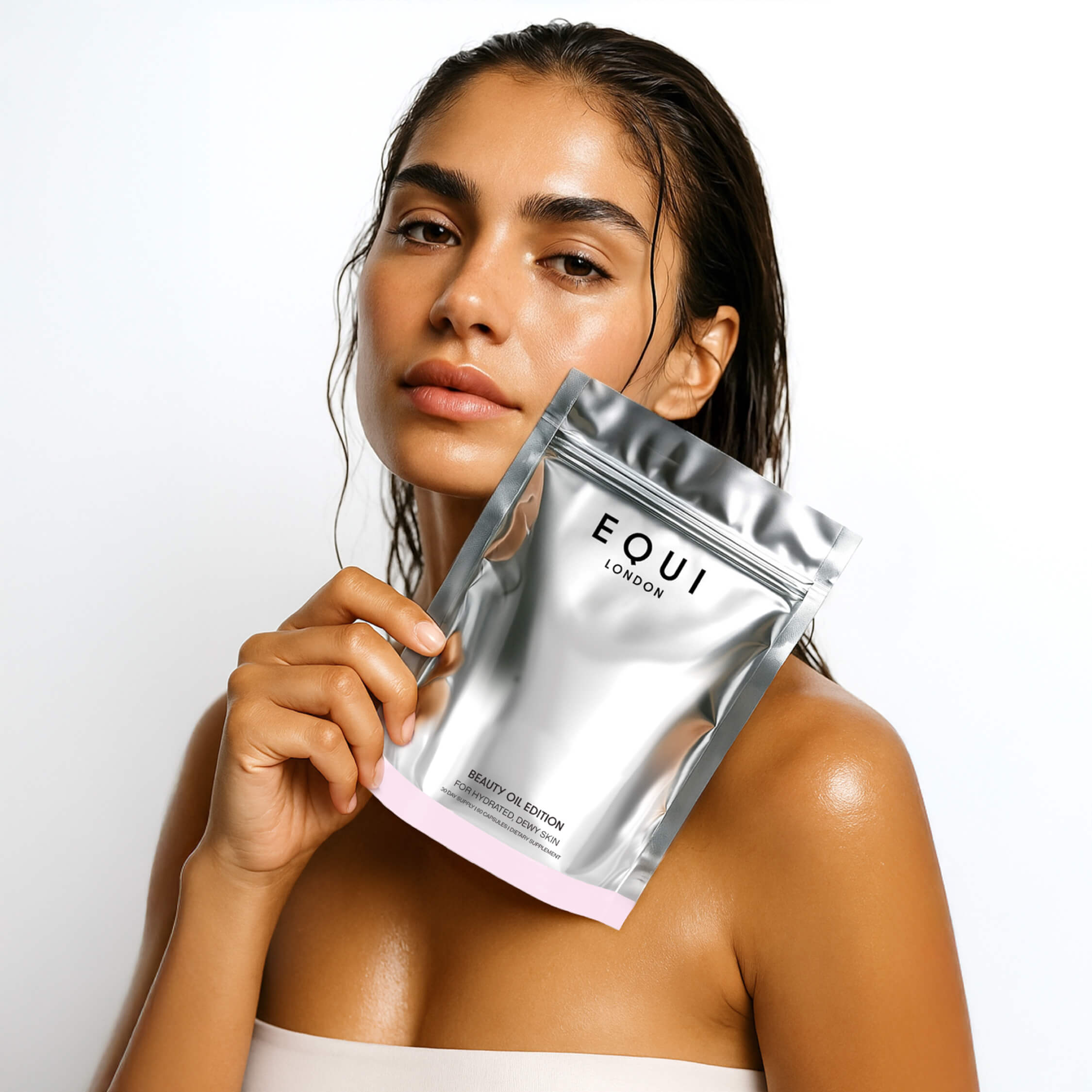
Did you know that in the UK, around a million women have had to give up work because of the menopause?
If you really think about that number, it's pretty mind blowing. The idea that these ladies, very often at the peak of their careers in jobs involving anything and everything, are having to actually leave their jobs because of the impacts that menopause has on them is, in our minds, absolutely nuts. Not only does it make terrible financial sense for the country and for the companies/employers losing those experienced employee's, it also has huge ramifications on the rest of that woman's life from many perspectives, not least financially. It also has huge impacts on her family. Rates of divorce, depression and most worryingly, even suicide, also increase at this time.
Last week, our founder Alice was invited to spend the evening discussing this problem with a group of leaders in this field on a panel to raise awareness and drive change on these alarming and unnecessary statistics. She joined Saska Graville (from Hylda), Samantha Frankel (Bloom MPower), Maureen Anderson (Mamm) and Beverly Newbury (from VCCP) together with host Nicky Palamarczuk who founded her charity 'Back To Work After' following her diagnosis of breast cancer (and subsequent early menopause).
As a brand that is dedicated to supporting women at all stages of life, our founders feel really passionate about being part of the movement for change in this area. We wanted to share what was discussed with you in a quick Q&A style blog in a bid to spark more conversation about this vitally important subject and get help to more women who need it.

Why are women giving up work during peri-menopause?
Women cite various reasons that drive them to make such a radical decision -
- Awful symptoms such as crippling anxiety, terrible sleep, changes to memory, a lack of clarity in thought, fatigue or intense hot flushes.. many of which they don't recognise as symptoms of peri-menopause due to a lack of awareness in this area.
- Not enough support form their GP - often the symptoms above (despite how common they are) are missed and don't get acknowledged. Often women are fobbed off with sleeping tablets or anti-depressants what they really need is someone to tell them that they aren't going mad, and explain the various treatment options available to them.
- A lack of confidence and a feeling of shame or embarrassment because they don't feel they can discuss what's happening with anyone.
- A feeling that they aren't being adequately supported by their employers.
Do these symptoms last forever?
For most women, the phase of peri-menopause doesn't last forever, which is what makes this statistic even more tragic. Whether the period of instability of peri-menopause is long or short, help is at hand to manage it, which means that life pretty much can go back to normal for many women..
Can these symptoms be managed so that women don't get to the point of having to make extreme life decisions like this?
Yes, yes and yes. The personal stories and experiences from the women on the panel really brought home how many women have little awareness about what is happening to them, which over time (often years) leads to extreme worry. This can drive women to make big life decisions that they otherwise wouldn't make.
Though this is changing, GP's may unfortunately be very inexperienced in this area and often tell women that they are too young to have symptoms and must just be experiencing stress or depression.
What we know now is that most often this isn't the case, and that it is very normal to experience symptoms from the age of 40, sometimes even younger. Just knowing this puts many minds at ease... you aren't going mad, this is normal, and help is at hand.
One they know what is happening, many steps can be taken to manage symptoms and get women back to feeling themselves.
What can be done to manage the peri-menopause?
A lot, and Alice was brought in on the panel to discuss what women can do to support their bodies from a nutritional perspective during this time. Here were some of her top tips on the day:
- Being as we need vitamins and minerals to keep hormones balanced such as B6, vit D, iodine, magnesium, vitamin D and B12, it’s a good idea to check up on these from time to time. This is also the case if you’re feeling low in energy, stressed, anxious or not sleeping well. Your GP can check iron, ferritin, b12 and vitamin D easily enough, and other vitamins can be tested using companies such as www.Thriva.com, or speak to a nutritional therapist.
- Phyto-oestrogens - these are plant based oestrogens that are found in nature, and these can bind to our oestrogen receptions and illicit and gentle oestrogenic effect. This can be useful if oestrogen levels are on the lower side, or if you have higher levels of less desirable types of oestrogen.flaxseed has also been shown to help with hot flushes – try 2 dessert spoons per day added to porridge or a smoothie), all types of beans and lentils, nuts, seeds and fresh edamame (soy) beans, organic tofu, miso and tempeh (three times per week).
- Embracing a Mediterranean style diet is a good idea for most people – put simply this involves reducing sugar, processed, ‘beige’ and junk foods, in favour of fibrous wholegrains, lean protein, healthy fats, full fat dairy, colourful veggies, modest fruit (especially berries) nuts, seeds, beans, legumes and anti-oxidants.
- A stressed unhealthy gut can also be linked with low mood, anxiety, poor sleep and inflammation, all of which we want to keep working well when going through the menopause.
- Aim for plenty of colourful veggies, herbs and spices, flaxseed and fermented foods like kefir, kimchi and probiotics in supplements (we add a special female focussed probiotics into Menopause Formula) whilst reducing processed foods and additives. The above diets take account of this, and it’s also a good idea to include plenty of anti-inflammatory foods, such as turmeric, garlic, ginger, pomegranate, fresh cranberries (stock up and freeze these, then add to smoothies), berries, raw cacao, red grapes, oily fish and dark green leafy veg. Also make a concerted effort to cut back on burnt, charred foods, processed, refined, white carbs, vegetable oils, and deep-fried foods that can contain unhealthy trans-fats.
- The books the Peri-menopause Solution by Dr S Harper and Emma Bardwell and The Natural Menopause Solution by Karen Newby are both brilliant and full of useful advice from a medical, nutritional and psychological perspective.
- There is evidence that high quality supplements can make a real difference - and like the rest our award-winning range, Menopause Formula contains 48 exceptionally nourishing ingredients, designed to bring balance to the whole body during this transition. This is really important because women often experience symptoms throughout their body - mood, energy, hair, skin, intimate health, libido, digestion, and sleep cycles. These are rarely addressed with other products, but we have ensured that Menopause Formula combines the very best ingredients together to work in synergy, helping to bring more balance to the entire body and enhancing the way we feel - mentally and physically. Click here to read more about how it works.
We'd also suggest checking out this article which is full of our best science based advice about navigating the menopause diet wise, from Alice.


There is also a huge conversation going on around HRT in the UK thanks to the work of Davina McCall, and you can follow amazing re-sources and experts such as such as Hylda, Menopause Matters & Dr Louise Newson to learn more about this and work out what might be right for you.
What else can be done to raise awareness about this?
Thanks to campaigners such as HRH Sophie Wessex, more media attention and the hard work of various charities such as Wellbeing of Women (who have driven the Menopause Workplace Pledge to raise awareness of these issues to employers) change is afoot and taboo's are beginning to be broken.. but we aren't there yet by any means. Maureen Anderson, who works with under-represented groups of society also explained that black and brown women have even bigger struggles when it comes to obtaining the right help, and that discrimination is a huge problem at this phase of life.
A key thing that all members of the panel stressed was that we need women to have more of an understanding of what is going on in their bodies in order to recognise symptoms when they arise. Raising awareness amongst younger women is critical here, especially as many of them may also be working for a woman who is struggling but have no idea how to support them.
We also very much need men to be part of this conversation, because without them, change won't happen in government or the workplace!
We'd really love for you to be part of this conversation, so please comment and share with whoever you think may benefit, or needs to read this.
Disclaimer: As with all information on Equi London, this information is not a substitute for medical advice. No one diet or supplement regime works for everyone and you should always seek help from a GP and registered health expert before making changes to your diet, or before introducing any supplements.
